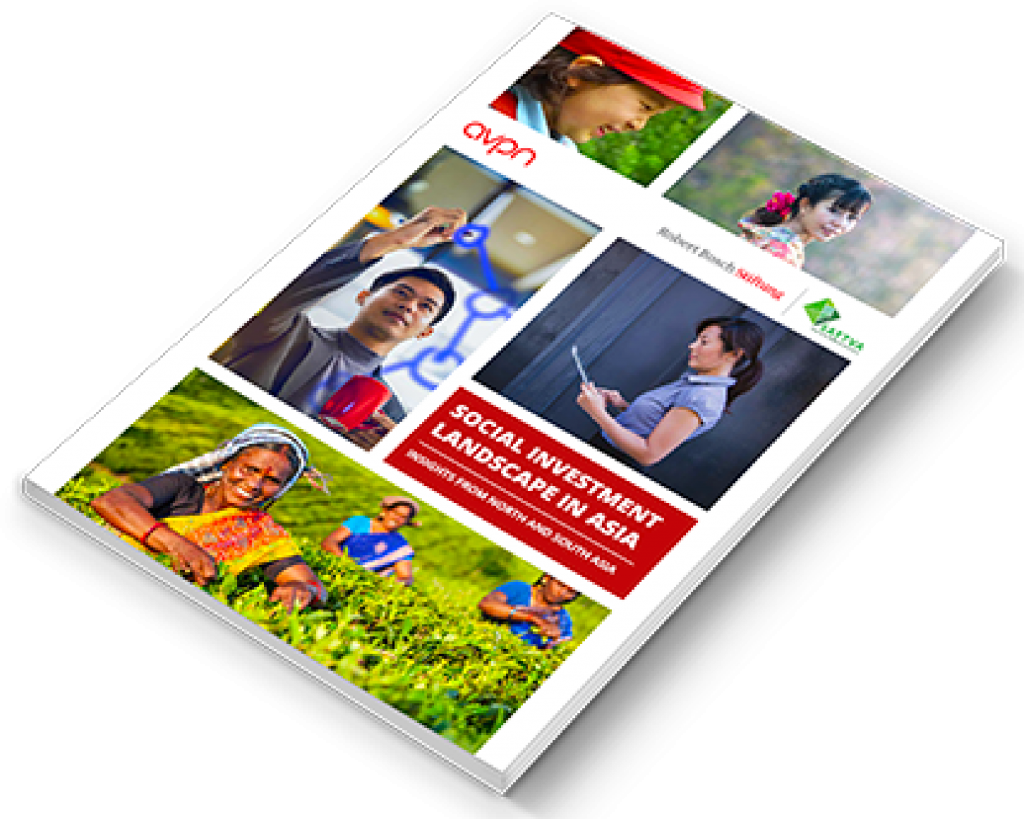Social Investment Landscape
Indonesia
Summary
Executive Summary
With a population of 264 million, Indonesia is the 4th most populous country in the world, home to the biggest Muslim population, and the 8th largest economy in purchasing power parity terms. Indonesia abounds with natural resources, such as coal, tin, rubber and coffee. Despite rising global uncertainty, Indonesia’s economic growth rate has remained steady at 5% since 2014, driven by higher domestic demand, especially investment. This, paired with an emerging middle class of 74 million people, makes Indonesia a key economic player in Southeast Asia.
As the largest archipelagic country worldwide comprising 13,466 islands, 922 of which are permanently inhabited, Indonesia faces a unique challenge: to manage its people of 300 ethnic groups and to distribute its resources equitably among its regions. Key concerns include inequality, poverty, corruption, infrastructure and a complex regulatory environment.
Indonesia’s social economy has a distinguished tradition of charitable giving, in large part due to its majority Muslim population which abides by the religious obligation of zakat or alms-giving. Recent developments reveal growing interest and support for sustainable finance from investors and financial institutions. Impact investing is especially strong in Indonesia, with intermediaries playing an important role of connecting social enterprises with international impact investors. In 2018, Indonesia also issued the world’s first sovereign green sukuk bond, an innovative financial instrument based on Islamic legal principles.
Indonesia’s Fact File
Indonesia’s 2018 Fact File
Dashboard
SDG Dashboard
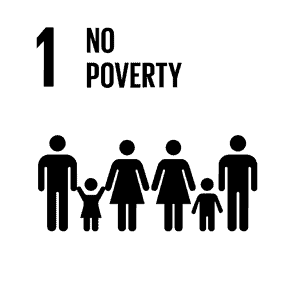
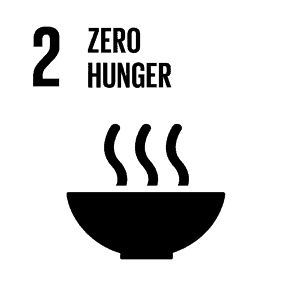
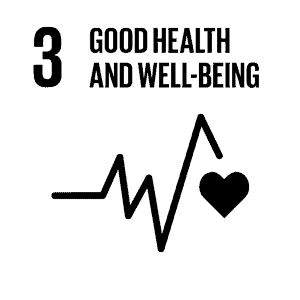
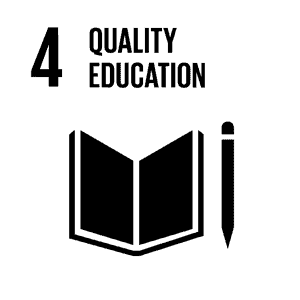
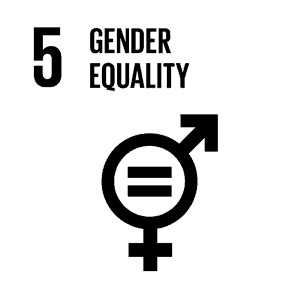
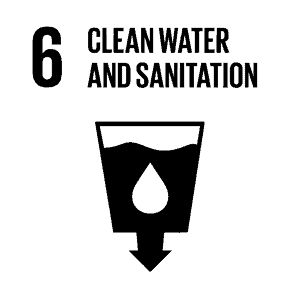
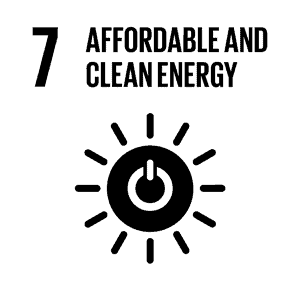
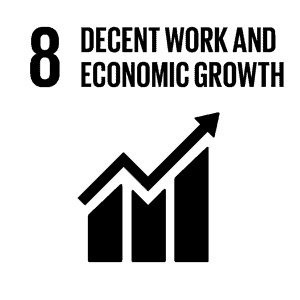
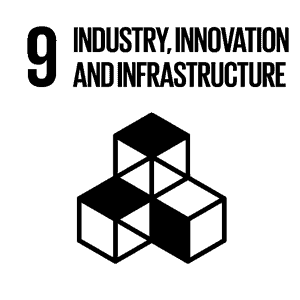

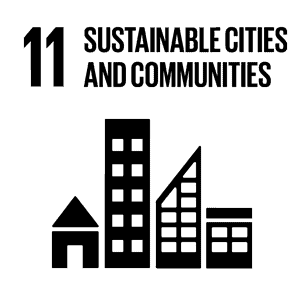
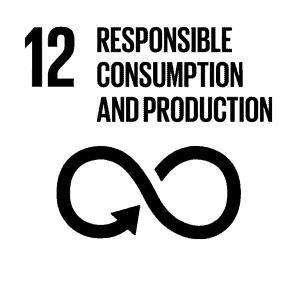
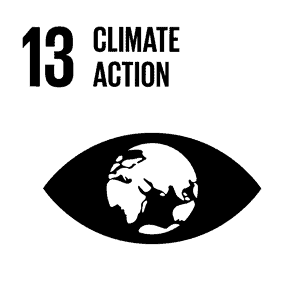
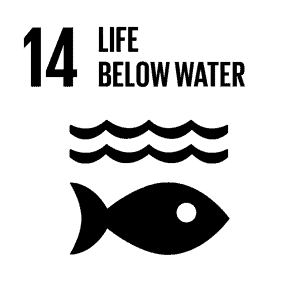
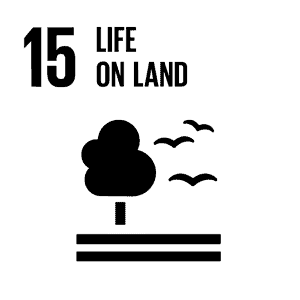
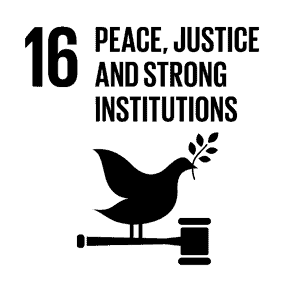

Source: sdgindex.org (2018)
Note: The “traffic light” colour scheme (green,yellow, orange, red) illustrates how far a market is from achieving a particular goal
Government Initiatives
Government Initiatives to Address Development Gaps
Agriculture
SDG Goals



Gap
- Indonesia ranked 56 out of 67 countries in the sustainable agriculture category and 60 overall in the 2018 Food Sustainability Index.
- In 2018, 93% of Indonesia’s farmers worked on small family farms, but only 10% of family farmers had mechanised their farming activity.
Government Initiatives
- Government fertilizer subsidies in 2017 were IDR 31.2 trillion (USD 2.2 billion), a more than 25% increase from 2014.
- A government palm replanting programme, which covers 185,000 hectares of plantations in 2018, raises smallholder farmers’ output by using modern seeds while encouraging sustainable palm oil production.
- In conjunction with the government, ADB and the International Fund for Agricultural Development invested USD 850 million into an irrigation scheme in 2017 to help 24 million smallholder farmers.
Climate action
SDG Goals



Gap
- Indonesia was the world’s 5th largest emitter of greenhouse gases in 2018.
- It was announced in February 2019 that there are plans to build more than 100 coal power plants and to expand palm oil production.
- In the 2018 Environmental Performance Index of 180 countries, Indonesia ranked 133rd with negative improvement in air quality, biodiversity and forest management.
Government Initiatives
- Indonesia’s nationally determined contributions to the Paris Agreement include reducing greenhouse gas emissions by 29% under business-as-usual conditions or 41% with international support by 2030.
- In 2017, the government launched Low Carbon Development Indonesia with the goal of explicitly incorporating carbon emission reduction targets into policy planning, such as the 2020-2024 National Development Plan which prioritises green development to boost economic growth.
Education and employability
SDG Goals

Gap
- In the most recent Programme for International Students Assessment (PISA) test in 2015, Indonesia ranked below global average in mathematics, science, and reading and performed worse than expected given GDP per capita.
- In 2018, 55% of 15-year olds were functionally illiterate, compared to only 10% in Vietnam.
Government Initiatives
- The Kiat Guru programme, implemented by the World Bank and the Ministry of Education and Culture in 2016, included a project to tie teacher salaries with their performance in 135 schools and with 744 teachers. Based on the positive results, in 2019 the programme was approved for a second phase to create a sustainable scalable model.
- The Indonesia Smart Card programme, which gives direct transfers to students from low economic backgrounds, had distributed IDR 35.7 trillion (USD 2.5 billion) to 27.9 million students from 2015-2018.
Energy access
SDG Goals

Gap
- The most recent data estimates Indonesia’s national electrification rate in 2017 at 95.4%. However, there is significant geographic disparity, with electrification rates below 60% in the south-eastern part of the country.
Government Initiatives
- The Indonesian government has incorporated its energy access initiatives with its renewable energy programmes. In cooperation with the World Bank and private developers, the government mobilised USD 410 million for geothermal energy development in January 2019.
Health care, water and sanitation
SDG Goals


Gap
- In 2017, 7 out of 10 Indonesians had access to decent and sustainable water supply. Roughly the same number had access to decent sanitation services but over 75% of urban households enjoyed access while only half of rural households did.
- 1 in 3 children under the age of 5 are stunted, the 5th highest rate in the world, according to the 2013 National Health Survey.
Government Initiatives
- Indonesia plans to achieve universal access to sanitation under RPJMN. To do so, budget allocation for sanitation has increased 7-fold from USD 183 million from 2005-2009 to USD 1.3 billion for the period of 2015-2019. The health budget increased from 2018 to 2019 by 13.6%.
- In 2017, a National Strategy to Accelerate Stunting Prevention committed USD 14.6 billion to drive convergence of national, regional and community programmes to strengthen nutrition interventions and combat chronic malnourishment.
Poverty alleviation
SDG Goals

Gap
- As of September 2018, 9.7% of Indonesians lived below the national poverty level.
- According to March 2017 data, 20.8% of the population is vulnerable to falling into poverty.
- As of 2017, the Indonesian youth unemployment rate was 16%.
Government Initiatives
- The government social protection budget was increased by 32.8% from 2018 to 2019, reaching IDR 380 trillion (USD 27 billion). This allowed social programmes such as the Non-Cash Food Assistance Programme to expand from 10 million to 15.6 million households.
- Cash assistance for poor households through the Family Hope Programme will double to IDR 3.4 million (USD 240) per household annually from 2019, with total number of recipients growing from 86.4 million in 2015 to 96.8 million in 2019.
SME development
SDG Goals


Gap
- SMEs account for nearly 97% of national employment, but 99% of SMEs are micro-enterprises and largely informal.
Government Initiatives
- In 2016, the Financial Services Authority mandated that banks allocate 10% of their loan portfolio to SMEs. In 2018, that was further increased to 20%.
- The government gives preference to SMEs in service procurement: in 2017, 97.5% of procurement contracts were given to SMEs accounting for 28.3% of total value.
Social Economy
The Indonesian social economy is transitioning from being one largely based on a tradition of religious giving to one growing in its engagement with impact and sustainable investing and green finance
Factor
Presence, size, and maturity of SEs
Rating
◑
Description
- There are 11,468 registered NGOs in Indonesia, and 829 social enterprises registered with Platform Usaha Sosial (PLUS).
Factor
Rating
◕
Description
- The 3 top sectors for SEs are the creative industries, agriculture and fisheries, and education.
Factor
Philanthropic contributions
Rating
◑
Description
- Indonesia was ranked the most generous country in the world according to the 2018 World Giving Index. However, most of this giving is religiously-motivated and does not go through institutional channels.
- Filantropi Indonesia’s cluster model is an emerging concept for more collaborative philanthropy.
Factor
Rating
◑
Description
- Although Indonesia is the most mature impact investment market based on total investment value, the market is dominated by international players.
- Financial institutions are in the early stages of adopting sustainable finance frameworks following government regulations.
Factor
Rating
◑
Description
- Indonesian corporates underperform relative to regional counterparts in sustainable reporting.
- Some corporates have started to incorporate sustainability practices into their business activities.
Factor
Policy environment
Rating
◔
Description
- There are relatively few examples of government support for the social economy outside of sustainable finance and green sukuk issuances.
Factor
Incubators, accelerators, and capacity-builders
Rating
◕
Description
- The strong ecosystem of incubators and accelerators serves as an informal pipeline for foreign investors in SEs.
Factor
Networks and platforms
Rating
◑
Description
- The Indonesia Sustainable Finance Initiative is an open platform launched by 8 major banks to promote sustainable finance.
- Indonesia Social Entrepreneurship Network is a network for Indonesian social entrepreneurs, intermediaries and impact investors.
Factor
Knowledge and research
Rating
◑
Description
- ANGIN, AVPN, British Council, GIIN, UNDP and UNESCAP have published research on the Indonesian social economy.
Factor
Partnerships
Rating
◑
Description
- FBI4SDGs is a recently launched platform to bridge private sector capital with government initiatives to advance the SDGs. Other public-private partnerships, however, have not yet materialised.
















